Updated information on congenital heart disease published for parents
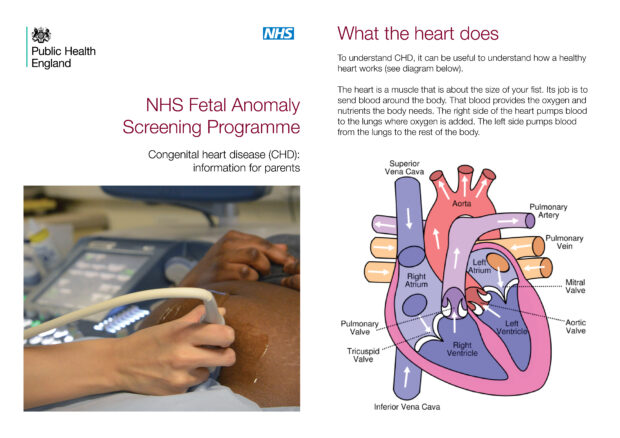
Today, we have published the updated information fetal anomaly screening programme leaflet for parents about congenital heart disease.
Liane has worked in screening since 2013, firstly as an Antenatal and Newborn Screening Coordinator for a multi-site NHS Trust, then as Project Lead within the Fetal Anomaly Screening Programme.
She loves the variety and depth of the work within the Antenatal and Newborn Screening Programmes, and the rewards and challenges that working within PHE Screening brings.
She is a registered midwife and nurse and remains focussed on enabling high quality care for women and babies.
She lives near the Lake District and enjoys spending time exploring the Lakeland fells with her family, from their trusty campervan.

Today, we have published the updated information fetal anomaly screening programme leaflet for parents about congenital heart disease.
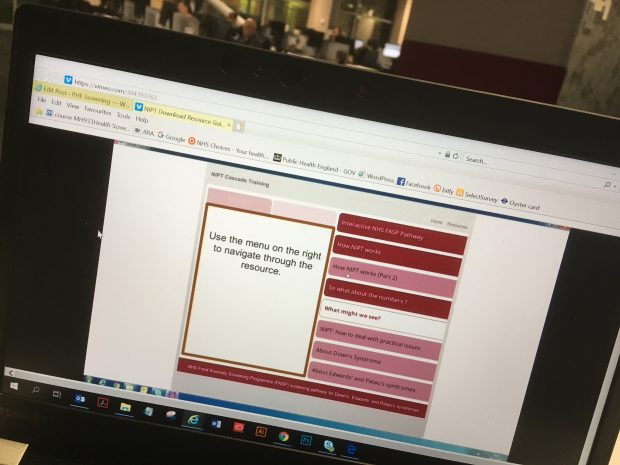
An update for those who have been nominated to deliver non-invasive prenatal testing training within their organisation.
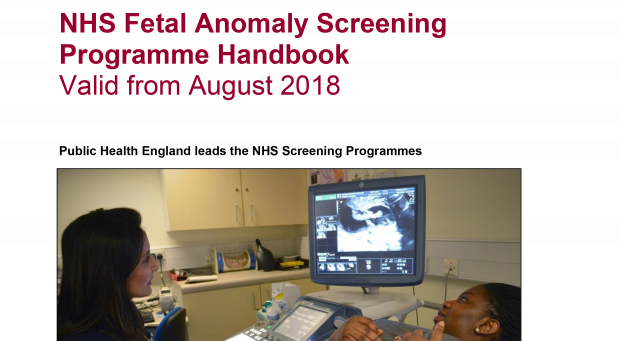
We have updated our national guidance the NHS Fetal Anomaly Screening Programme (FASP) handbook and the FASP handbook for laboratories to help ensure local screening services meet national standards.

The NHS Fetal Anomaly Screening Programme wants to know how cascade training has impacted on the knowledge and confidence of participants who discuss the offer of screening for Down’s syndrome, Edwards’ syndrome and Patau’s syndrome with women.
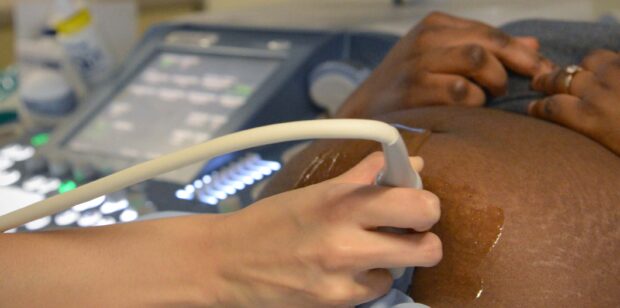
Today, we have published an updated version of our leaflet 'Congenital diaphragmatic hernia (CDH): information for parents'.
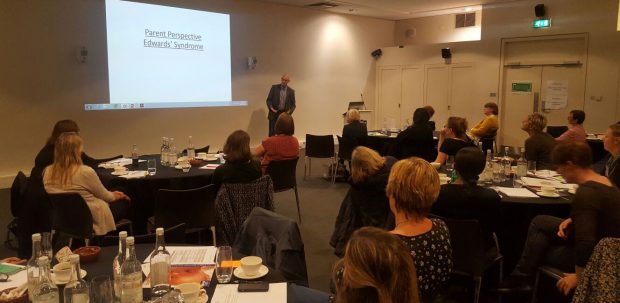
The NHS Fetal Anomaly Screening Programme is running a series of training events to help healthcare professionals support women in making personalised informed choices about screening for Down’s, Edwards’ and Patau’s syndromes.
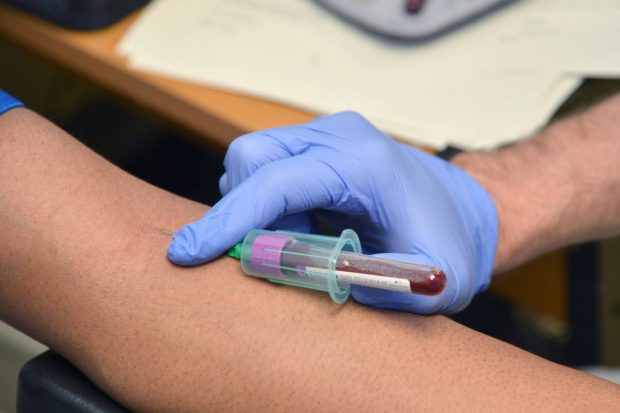
Back in November 2016 and March 2017 we published blog articles about the additional option of non-invasive prenatal testing (NIPT) to the fetal anomaly screening pathway.

The NHS Fetal Anomaly Screening Programme (FASP) offers screening to pregnant women so they can find out how likely it is that their baby has Down’s (Trisomy 21 or T21),...
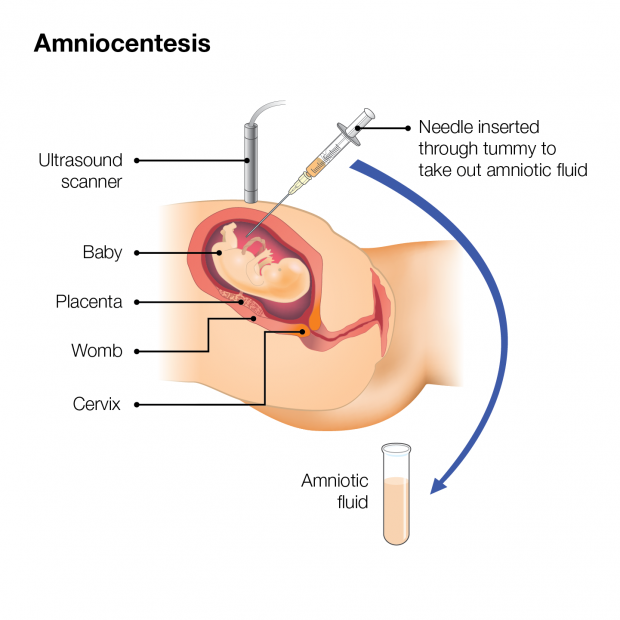
The NHS Fetal Anomaly Screening Programme (FASP) is pleased to launch a new counselling resource leaflet: ‘Chorionic villus sampling (CVS) and amniocentesis: information for parents’.
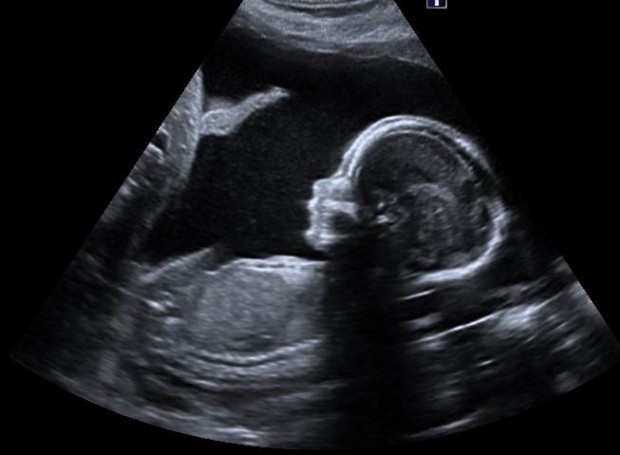
...aspects of the scan, including: assisting women to make an informed decision why the screening is offered what conditions are included in the screening what are the benefits and limitations...
Public Health England (PHE) existed to protect and improve the nation’s health and wellbeing, and reduce health inequalities. It closed on 30 September 2021 and this blog is no longer updated.
Find out more about the implications for health screening in our Changes ahead for the national screening system blog article.
If you want to stay in touch with screening evidence and policy news, you can subscribe to the UK National Screening Committee blog.